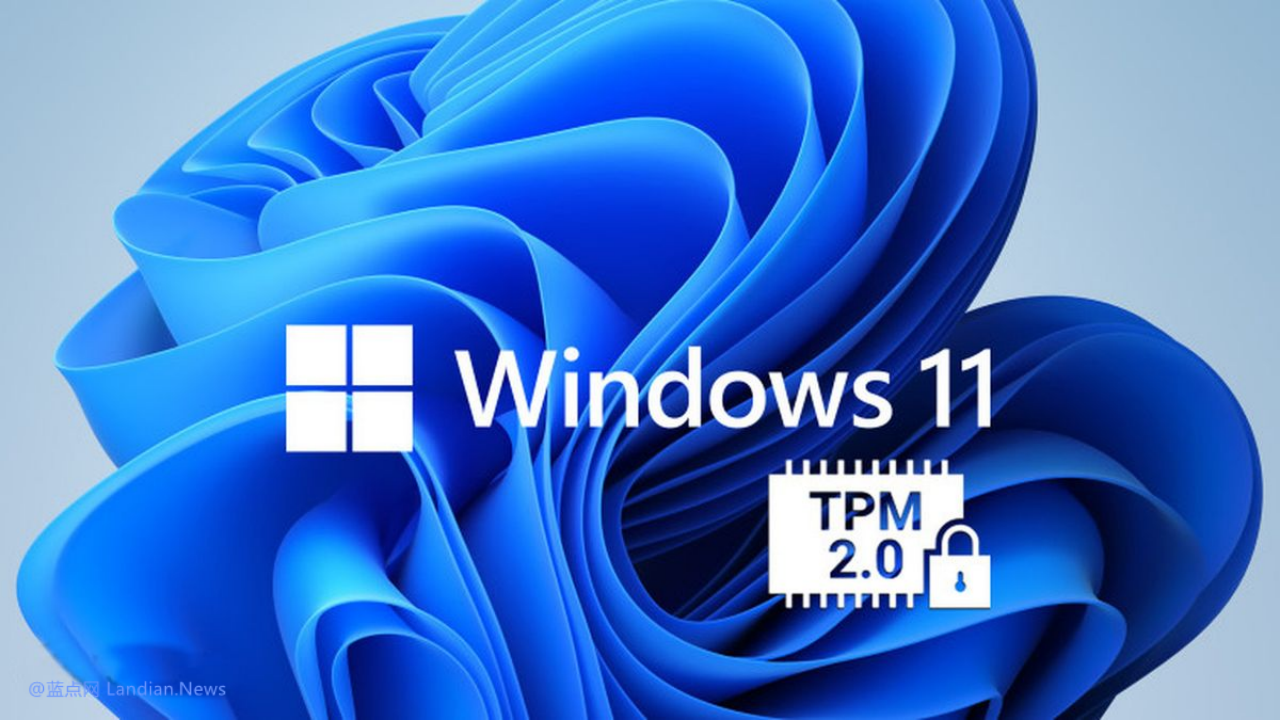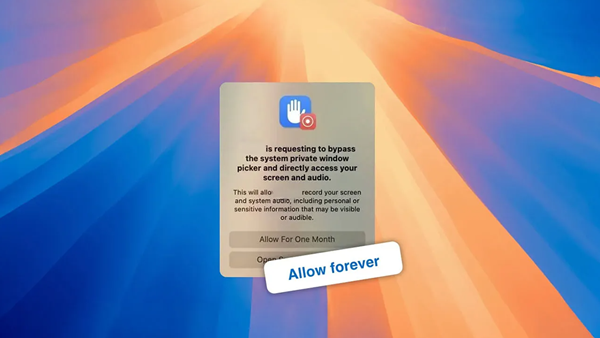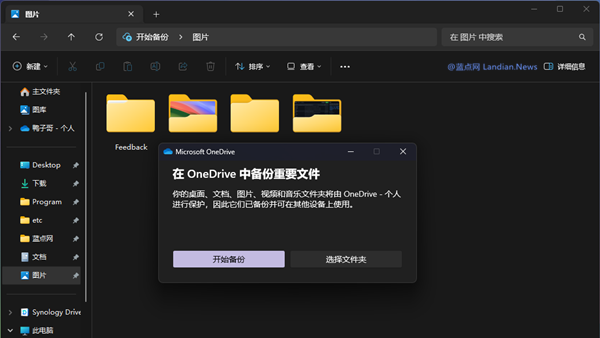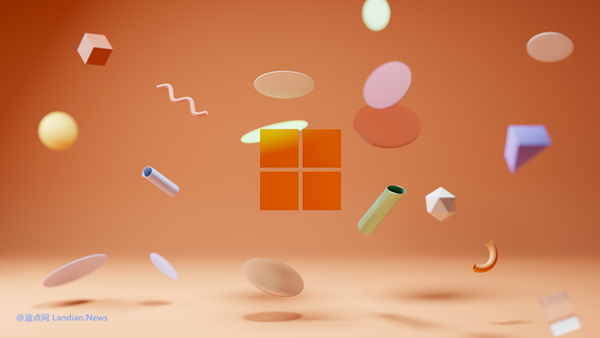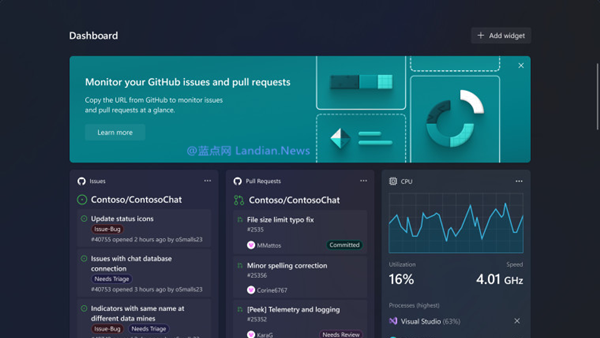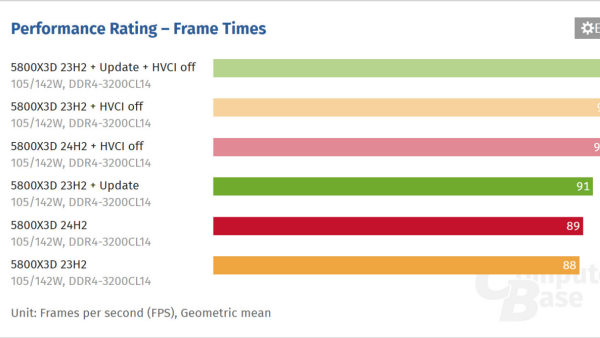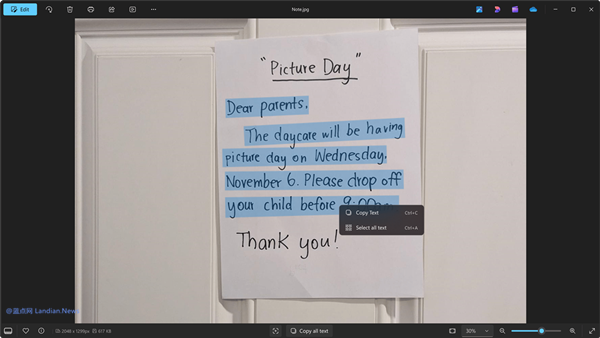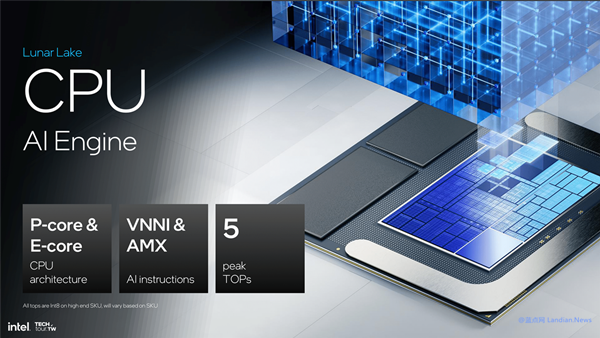Microsoft States in Blog Post that Windows 11’s TPM 2.0 Requirement is a Non-Negotiable Standard
In a departure from its traditionally flexible hardware compatibility, Windows 11 imposes a change by requiring devices to come with a TPM 2.0 (Trusted Platform Module), support selected CPUs, and enable secure boot functionality. This shift has highlighted that not all PCs include the TPM module (though software-based fTPM modules are now available).
As Windows 10 is set to end support in October 2025, millions of PCs worldwide continue to operate on it. Despite this, Microsoft will not lower the hardware requirements for Windows 11.
In a blog post targeted at enterprise IT administrators on the Windows IT Pro blog, titled "TPM 2.0 – A Secure and Future-Oriented Necessity for Windows 11," Microsoft elaborates on what TPM is and why Windows 11 necessitates TPM 2.0.
What is TPM?
TPM refers to a dedicated chip or firmware that provides hardware-level security services to a device. It securely stores encryption keys, certificates, passwords, and sensitive data to prevent unauthorized access. Additionally, TPM oversees cryptographic operations such as generating random numbers, encrypting and decrypting data, and verifying digital signatures. TPM 2.0 offers more universal and crucial key management capabilities than its predecessor, TPM 1.2.
Microsoft's Emphasis:
By establishing TPM 2.0 as a non-negotiable standard for the future of Windows, Microsoft aims to raise the security bar. This standard allows both users and the company to better meet the growing needs for robust data protection in the modern digital landscape.
Simply put, Microsoft is committed to the TPM 2.0 requirement, even if it means millions of PCs will lack security updates after October 2025. For those without TPM 2.0, the solution might be to invest in a new PC.
The surge in PC sales is largely due to the enterprise requirement to upgrade to Windows 11. Even though some PCs can still run smoothly, the inability to upgrade forces businesses to purchase new PCs.
For average consumers reluctant to buy a new PC, bypassing the TPM 2.0 requirement to upgrade to Windows 11 is not a significant issue. It's believed many have already done so.
Original blog post:https://techcommunity.microsoft.com/blog/windows-itpro-blog/tpm-2-0-%E2%80%93-a-necessity-for-a-secure-and-future-proof-windows-11/4339066
